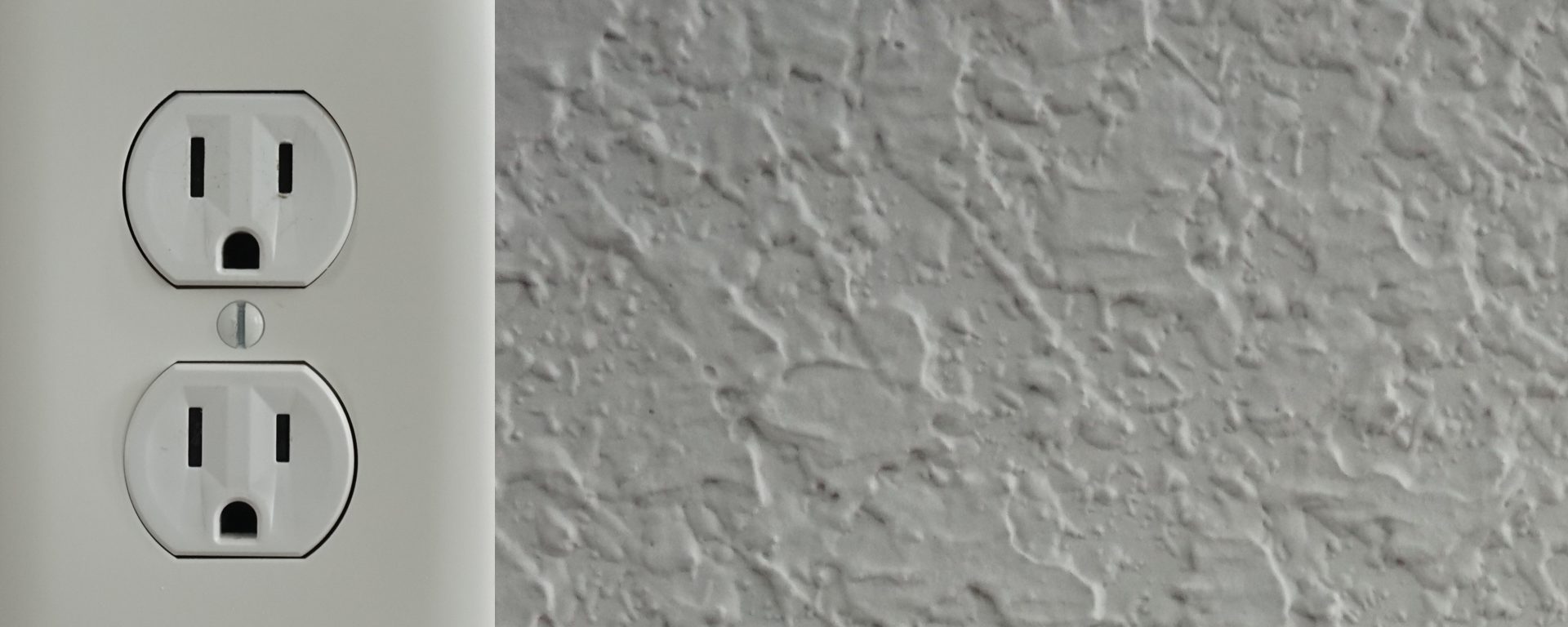When you hear “Public Health,” you might think of policy work, or official personnel and NGO professionals coming together to make decisions about their jurisdictions. While this is definitely part of the greater picture, it is only about half – as in, the half that stays in the office, government buildings, labs, research centers, and board rooms. The other half of public health work – the half that makes those programs a reality, in hospitals, community centers, clinics, in both domestic and international regions – is made up of nurses.
If someone is caring for you in a hospital, it is most likely a Registered Nurse (RN). Providing immunizations, preventing infection, treating environmentally-induced factors influencing health, or helping patients cope with addiction, are all normal facets of RN life. They are also key public health hot-button issues. Nurses are instrumental in everything patient-related in terms of public health, from administering treatment plans to family education.
The connection between nursing and public health (also known as population health) is so strong and important in today’s healthcare world, that the American Association of Colleges of Nursing (AACN) has setup an entire Population Health Nursing Initiative, in partnership with The Centers for Disease Control and Prevention (CDC). The mission? To help build capacity in the public health nursing workforce. Beginning in 2012, the CDC used funding to:
- Support improved education of public health concepts
- Increase hands-on experiences for nursing students in their communities
- Expand public health nursing field placements
And more. You can get excited about working in the public health and nursing field by reading further into these incredible resources and active grant and fellowship opportunities!
There is so much evidence from influential organizations that public health is, and continues to be, a top priority in today’s world. So aspiring policy-makers, listen up! The American Public Health Association (APHA) is devoted to improving the health of the public and to achieving equity in health status. In that statement is a challenge: equity. Resource access, management, and protection are enormous barriers preventing equal health services globally. But first, before policy makers can even address that problem, there need to be trained, educated, and certified nurses to carry out the solution.
A 2018 International Nursing Review article investigates the wide gap between supply and demand of nurses. Germany, for example, is facing a nursing shortage of 50,000. It is estimated that by 2022, the shortage in Canada will reach 60,000. The United States is predicted to face a shortage of reaching 800,000 nurses this year (2020). The United Arab Emirates, Saudi Arabia, Switzerland, and Japan are all also impacted by nursing shortages in their countries. Great Britain is in the worse shape of all. The silver lining highlighted by this article? Universities. In particular, American programs that offer online nursing and public health education, and an opportunity to earn a healthy salary.
Registered Nurses in the USA in 2018 made a median pay of $71,730 annually, according to the Bureau of Labor Statistics (BLS). Also according to the BLS, this field is growing much faster than the average for all occupations, at 12% between 2018-2028. We’re not surprised that so many people are taking advantage of the opportunity to make a good living and contribute enormously to their communities.
If you are considering becoming a public health nurse, make sure that the program you select offers curriculum specifically in the public or population health realm. Not only will it enhance your skillset, but you’ll want to have the right courses under your belt and on your resume. For instance, Goodwin University’s graduate nursing program offers population health courses such as:
- Healthcare Quality: Communication and Informatics
- Policy, Politics, Organization of Healthcare
- Theoretical Foundations of Population Health
- Clinical Applications in Population Health
All of these courses would serve you well in the nursing and public health fields. In a career that mixes policy implementation and clinical care, with education at its center, you might find yourself accomplishing any number of these common public health nursing goals:
- Providing care to at-risk populations
- Educating the public about available health care programs
- Collaborating with authorities at the local, state, and federal level to improve access to rural or underserved communities
- Creating or participating in campaigns that encourage disease prevention though screenings and/or immunizations
- Analyzing risk factors amongst unique communities and introducing healthy interventions
Joining a movement like the public health nurse revolution is something truly good that you can do both for yourself, and for the world! The question is, how do you get there? The right MSN program.
To learn about Goodwin College’s population health focused MSN program, and how you can complete your master’s degree online in as few as 20 months (part-time!), simply reach out by calling 800-889-3282, or visiting us online.
Goodwin University is a nonprofit institution of higher education and is accredited by the New England Commission of Higher Education (NECHE), formerly known as the New England Association of Schools and Colleges (NEASC). Goodwin University was founded in 1999, with the goal of serving a diverse student population with career-focused degree programs that lead to strong employment outcomes.

